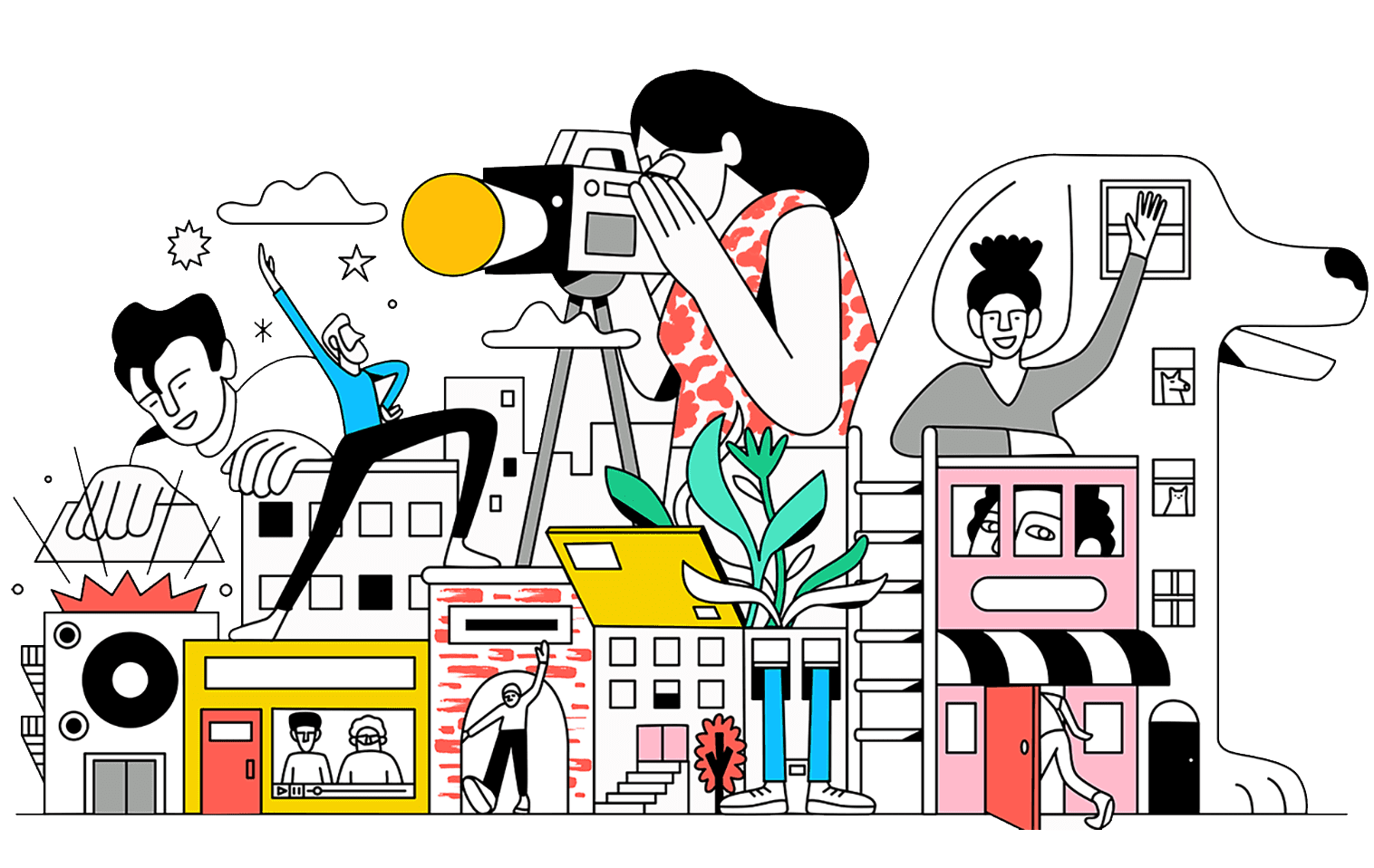There Is Hope For African Content Creators, Afterall.

On 10th November 2021, Flutterwave acquired Disha, a platform on which content creators can curate and sell digital content and also receive payments from buyers anywhere in the world. Disha struggled to make money and was in the process of closing down.
Flutterwave intends to improve the digital content creation process on the site and provide the users with the ability to make, receive and withdraw money from their Disha accounts in over 150 currencies and from 34 countries around the globe.
Disha had amassed 20,000 users organically within a year but was making less than USD 1 K a month in revenue. Flutterwave joins global technology giants and startups that are trying to improve the fortunes of content creators across the continent.
According to Statista, 10.6 per cent of the African youths are unemployed. Much more are under-employed. In order to make ends meet, young Africans are turning to monetize their content online. The Global Digital Content Creation market was estimated at USD 11 Bn and is expected to reach USD 38.2 Bn in 2030, growing at a CAGR of 12 per cent between 2020 and 2030.
Despite this potential, African content creators struggle to make money from their content. Most countries have weak copyright laws, and thus content is distributed illegally. There are also payment problems and the low earning potential of their audiences.
The Startups helping Content Creators to Sell Their Content
This is not Flutterwave’s first foray into selling digital content. The startup has its own store, where content creators can upload, sell and collect payments for their content. Another fintech, Paystack, also has a Paystack storefront, which digital creators can use to do the same.
E-commerce giant, Jumia, has a section of digital content too. Creators can sell ebooks, music and movies, but this section is not well known as electronics or fashion. Selling digital content is, however, not the main service of all the above startups.
Nigerian startup, Selar, is by far the biggest platform when it comes to digital content. The startup was created in 2016 by Douglas Kendyson. A user creates a mini-online store to sell digital products from e-books and physical products to music and video courses.
To sign up, one needs an email address, a bank account and products for sale. The creator fixes a price for their own product. The products can be accessed in any country though payments are accepted in only six currencies that is Naira, USD, Pounds, Ghana Cedis, Uganda and Kenya Shillings.
Selar doesn’t charge a listing fee but takes a 4 per cent cut off each purchase made. The startup has been funded by the Tony Elumelu Foundation and the Gesellschaft fur Internationale Zusammenarbeit, a developmental aid company in Germany.
Global Tech Giants Enter the Fray
The world’s largest video-sharing platform, Youtube, has been active in supporting African content creators. It launched the YouTube NextUp program, which is designed to help content creators take their production to the next level. Under this program, two creators with channels of 10,000-100,000 subscribers were awarded USD 1,000 to buy new equipment to produce content. This concluded a week-long intensive creator camp where the creators learnt new skills and were given support by the YouTube partnership team.
In September, YouTube also announced a USD 100 Mn, YouTube Fund, to be distributed between 2021-2022. This will be in form of a reward for creators, creating exciting and engaging content. It will be distributed as a bonus payment to thousands of creators based on the performance of their content with the focus being on the 15-sec “shorts” videos that YouTube introduced in July. Creators in Nigeria, South Africa and Kenya were eligible for this fund, with some set to receive as much as USD 10 K a month.
ByteDance owned TikTok has emerged as a force across the continent. The startup trails YouTube and Instagram in terms of monthly users in Africa but was the most downloaded app in 2020 and 2021 so far. It started a Rising Voice Program in South Africa in a partnership with the National Film and Video Foundation. This program had a 6-week incubator, through which creators were taught how to improve their skills for content creation. It culminated in 20 influencers sharing a USD 57 K cash grant.
Featured Image Courtesy; Digital Information World